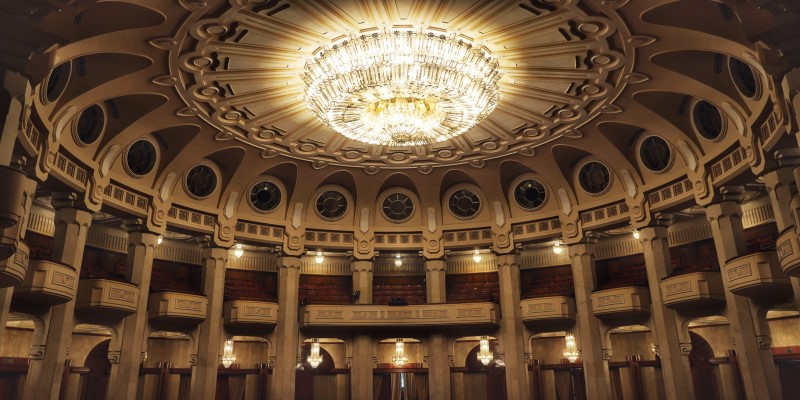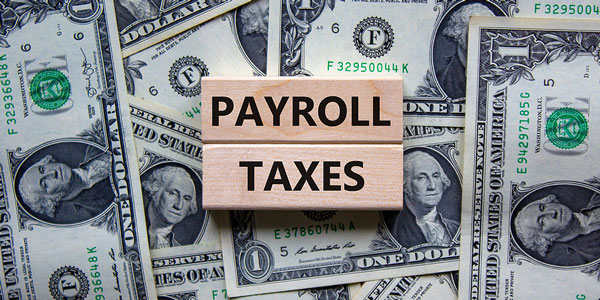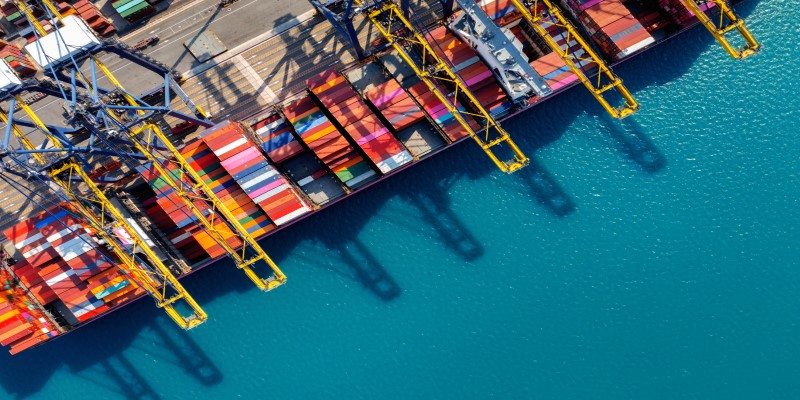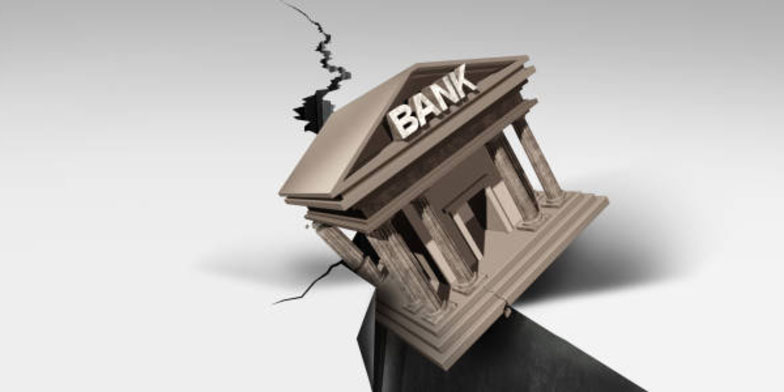
In a world where economic systems shape our daily lives, one term that often pops up is "capitalism." But what exactly is capitalism, and how does it impact us? Let's break it down.
What is Capitalism?
Basically, capitalism is how we organize our economy. In a capitalist society, things like factories, businesses, and resources are owned by private individuals or companies. It's different from other systems, like socialism or communism, because, in capitalism, the idea is that individuals own stuff and trade freely in the market.
How Capitalism Works?

At its core, capitalism operates on a few fundamental principles that drive the economic system. Let's break down how capitalism works in simple terms:
Private Ownership:
In capitalism, most of the things used to make stuff, like factories, businesses, and land, belong to private individuals or companies.
Market Economy:
In capitalism, we rely on a market system. This means that prices and how much stuff gets made are decided by what people want and how much of it there is. The prices are figured out by buyers and sellers talking and making deals in the marketplace.
Competition:
In capitalism, having lots of businesses selling similar things is a big deal. It makes companies work harder to be better. They want to improve what they sell, make things cheaper, and come up with new ideas to get more people to choose them over others. It's like a friendly race to be the best.
Profit Motive:
In capitalism, making money is a big motivation. People and businesses want to get as much profit as possible. Profit is like a sign that says, "Hey, you're doing well!" It encourages using resources wisely and gives a pat on the back to those who offer things that people really like and want to buy.
Consumer Choice:
In capitalism, you—the consumer—have a big say. You get to choose what you want to buy based on what you like and need. And guess what? Businesses pay attention! They make more of the things people like because that's what keeps them in business. It's like a big circle where your choices influence what gets made.
Free Enterprise:
Capitalism is all about letting people run the show. You can start your own business and do your thing without the government butting in too much. It's like a thumbs-up for people who want to be their own bosses. If you've got an idea, you're encouraged to go for it, take risks, and make your own path in the business world. It's like a green light for anyone with a dream to give it a shot.
What are the Benefits of Capitalism?

Capitalism, as an economic system, has been associated with several benefits:
Innovation and Efficiency:
In capitalism, businesses are like players in a game, always trying to be better than the others. This competition pushes them to come up with new and improved things. It's like a race to be the coolest and most efficient, and that's how we end up with awesome new technologies and better stuff to use.
Economic Growth:
In the history books, capitalism is often tied to making economies grow. The idea of making money motivates people and businesses to put their money into new things, grow their businesses, and create more chances for everyone. It's like a big engine that keeps the economy moving forward and getting bigger.
Individual Freedom:
In capitalism, we really value personal freedom. You get to decide what job you want, even start your own business if you feel like it. It's all about you making choices that fit what you like and want to do. This freedom to decide is a big part of how capitalist societies work.
Consumer Choice:
In capitalism, you have loads of choices as a consumer. Because businesses are always competing, you get all kinds of options. This means you can pick what you like, whether it's because it's awesome, high quality, or fits your budget. It's like a big menu of options, and you get to choose what suits you best.
Efficient Resource Allocation:
In capitalism, it's like a balancing act with supply and demand. The amount of stuff people wants (demand) and the amount available (supply) decide the prices. When people really want something, the prices go up, telling producers to make more. If people aren't as interested, prices go down, signaling producers to slow down. It's a cool system that stops waste and makes sure resources go where they're wanted the most.
Job Creation:
Because capitalism really values people starting their own businesses and making things grow, it ends up creating jobs. When businesses get bigger or new ones pop up, there are more chances for people to work. This helps bring down the number of people looking for jobs, making things better for everyone. It's like a cycle of growth that brings more opportunities for people to find work.
Wealth Creation:
Even though capitalism sometimes makes the money gap between people bigger, it also gives chances for making wealth. When people and businesses do really well, they make a bunch of money. And here's the cool part: they can use that money to do good things, like spending it, investing in more cool stuff, or helping out others through things like charity. So, even though there's a gap, there's also a chance for those who do well to give back and make things better for everyone.
Adaptability:
One thing about capitalism is that it's like a chameleon—it can change and adapt. When things in the economy shift, capitalism is flexible enough to adjust. It's not set in stone; it can roll with punches. This adaptability is one of the reasons why capitalism has been able to stick around and handle different challenges over time.
Conclusion
So, to sum it up, capitalism is all about people owning stuff, market forces doing their thing, and everyone trying to make some money. Knowing these basics helps us understand how our economies work and why things happen in our daily lives. Like any system, the trick is to make sure we get the good stuff from capitalism while fixing the not-so-good parts, aiming for a fair and sustainable future.











